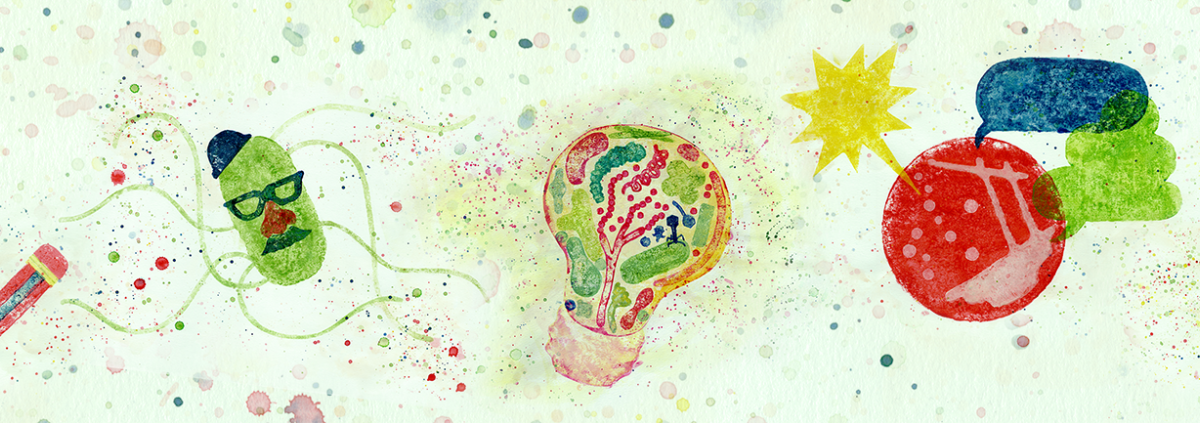Our society has organized conferences of our own as well as several joint events. For example, in 2000 a joint conference entitled ‘Microbiological Safety of Food’ was organized in Tartu. In 2004, we were co-organizers of a NATO Advanced Research Workshop on bioremediation of soils contaminated with aromatic compounds. In 1993 we published a booklet ‘Microbiological Research in Estonia. Information on research projects by Estonian Society for Microbiology’ that was sent to microbiological societies in other countries. Now, up-to-date overview of microbiology-related research and people in Estonia is available in Estonian Research Portal ETIS (https://www.etis.ee/index.aspx).
The members of our Society are engaged in wide array of microbiology-related research including mutational processes and physiological adaptation of bacteria to environmental stress (Prof. M. Kivisaar, Drs R. Hõrak & R. Teras), microbial communities in the environment and the effect of pollution (Profs A. Heinaru & J. Truu, Drs E. Heinaru & E. Vedler), bacterial enzymes of biotechnological importance (Ass. Prof. T. Alamäe), microorganisms as indicators and tools in toxicology (Drs A. Kahru, K. Kasemets, A. Ivask), genetic regulation of virulence traits of plant-pathogenic bacteria (Drs A. Mäe, V. Kõiv). These are just few examples. A high-standard technological research is performed in Competence Centre of Food and Fermentation Technologies (Tallinn) where several our members (Prof. T. Paalme, Drs I. Nisamedtinov, S. Adamberg, K. Adamberg & I. Sarand) are working. This centre has food and fermentation departments that deal with advanced cultivation technologies of microorganisms and different novel aspects of food. In 2014, our society was presented a challenge to organise the Second Congress of Baltic Microbiologists in Tartu. This was an interesting endeavour and provided us comprehensive experience for the future. The next international event, VI Baltic Genetic Congress, was held in 2015.
